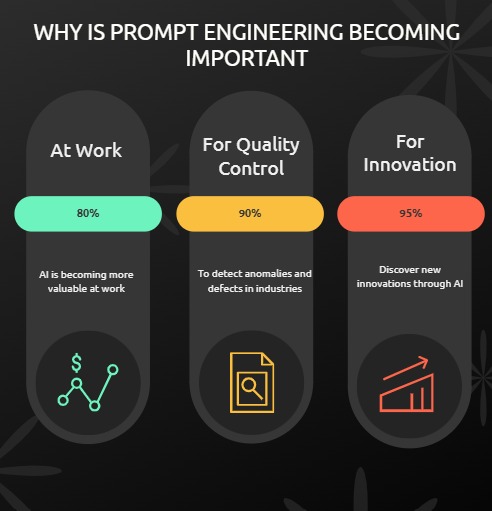Some few weeks ago, Many Nigerians woke up to hear about the news of the crash of a supposed Digital investment platform called CBEX (Crypto Bridge Exchange). Nigerians, both young and old came out lamenting as a result of their losses when the platform crashed. It was in the news that a total sum of 1.3 trillion Naira was lost to these ponzi scheme.
Table of Contents
This same scenario happened in 2016 with MMM. There are even many of there thereafter and more are still coming up with various deceitful schemes. In today’s episode, We shall be talking about how to identify and avoid Ponzi schemes and fake investments. This is crucial to protecting your hard-earned money. Here’s a guide to help you spot and steer clear of these scams:

How to Identify Ponzi Schemes & Fake Investments
1. Too-Good-To-Be-True Returns
Promises of high returns with little or no risk (e.g., “20% monthly returns”).
Legitimate investments carry risk, and unusually high returns are a major red flag.
2. Unregistered or Unlicensed Operators
Check if the company is registered with financial regulators (e.g., SEC and other regulators.
Avoid unverified platforms or individuals claiming to be “private investment managers.”
3. Complex or Secretive Strategies
If the investment strategy is unclear or the operator refuses to explain how profits are generated, it’s likely a scam.
Legitimate investments provide transparent documentation.
4. Pressure to Recruit New Investors
Ponzi schemes rely on new investors to pay old ones. If you’re pressured to bring in more people, it’s a scam.
Multi-level marketing (MLM) with no real product can also be a Ponzi in disguise.
5. Difficulty Withdrawing Funds
Excuses like “processing delays” or demands to “reinvest” instead of cashing out are warning signs.
Ponzi schemes collapse when too many people try to withdraw.
6. Fake Testimonials & Fake Websites
Fraudsters use paid actors, fake reviews, and cloned websites of real firms.
Verify company details independently (e.g., via official regulator websites).
7. No Proper Paperwork
Legitimate investments provide prospectuses, contracts, and audited financial statements.
If they avoid formal agreements, walk away.
How to Avoid Investment Scams
1. Research Extensively
Look up the company name + “scam” or “reviews” online.
Check regulatory warnings (e.g., SEC’s list of fraud cases, EFCC, CBN).
2. Verify Licenses
Use official databases (e.g., SEC’s and country’s financial regulator).
3. Avoid Unsolicited Offers
Be wary of cold calls, social media messages, or WhatsApp groups pushing “exclusive” investments.
4. Start Small & Test Withdrawals
Before investing large amounts, test with a small sum and try withdrawing it.
5. Consult a Financial Advisor
A licensed advisor can help assess an investment’s legitimacy.
6. Trust Your Instincts
If something feels off, it probably is. Walk away.
Common Scam Tactics to Watch out For
- Guaranteed” Returns – No investment is risk-free.
- Urgency Tactics – “Act now or miss out!” is a manipulation tactic.
- Fake Celebrity Endorsements – Scammers often use deepfakes or edited videos.
- Cryptocurrency Scams – Fake ICOs, “pig butchering” scams, and unregulated exchanges.
What to Do If You’re a Victim
The best advise is to be cautious not to lose your money. However, when such happens , you can do any of the following:
- Report to financial regulators (SEC, etc.).
- File a complaint with law enforcement e.g., Police, EFCC and others
- Warn others to prevent further victims.
- Staying cautious and doing due diligence can save you from devastating losses.
Always remember: If it sounds too good to be true, it probably is.
About the author
Charles Akinjide Ogunmoriyele is a chemical engineering graduate of Obafemi Awolowo University, Nigeria. He founded Edward Louis Limited, focused on renewable energy, real estate, manufacturing, and cybersecurity. Motivated by a personal incident involving cybercrime in 2018, he pursued cybersecurity education and certifications and now an advocate of cyber security awareness. He can be reached via email at edwardlouislimited60@gmail.com
See also:
Social Engineering – A manipulative Technique
Password Protection: Your Guide to Staying Safe Online
Identity Theft: What You Need To Know
Essential Tips to Combat ATM Card Scams
Whaling Attacks: The Sophisticated Threat to High-Profile Individuals.
Understanding Phishing and How to Protect Yourself
The Imperative of Cybersecurity Awareness






